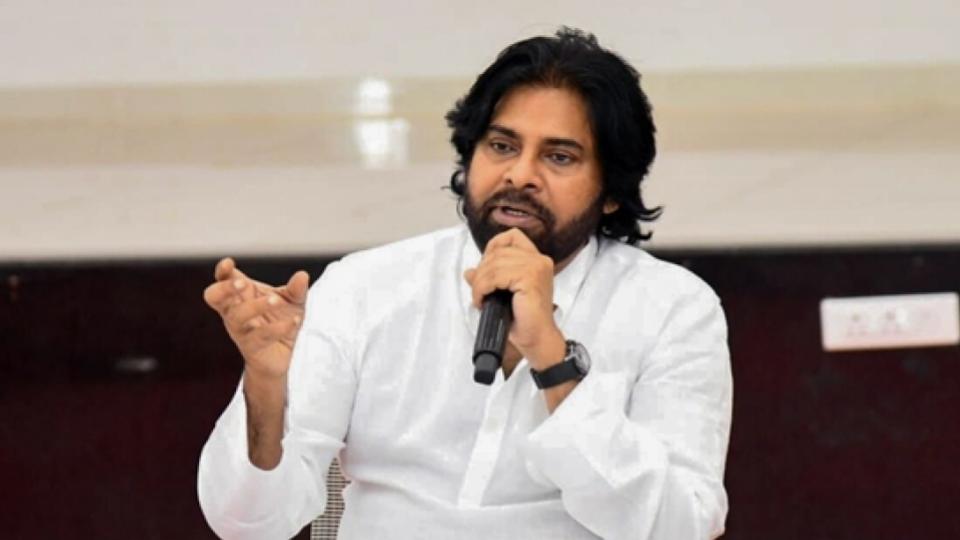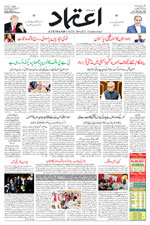Tension grow as US, allies deepen Indo-Pacific involvement
Fri 24 Sep 2021, 11:47:30
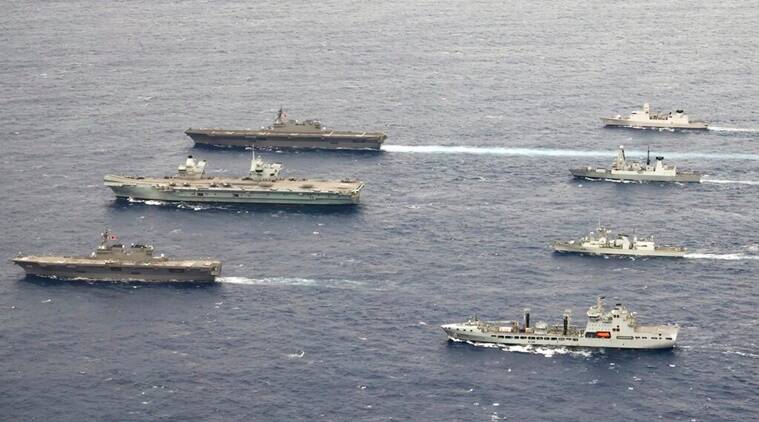
Bangkok: With increasingly strong talk in support of Taiwan, a new deal to supply Australia with nuclear submarines, and the launch of a European strategy for greater engagement in the Indo-Pacific, the US and its allies are becoming more assertive in their approach toward a rising China.
China has bristled at the moves, and the growing tensions between Beijing and Washington prompted UN Secretary-General Antonio Guterres on the weekend to implore US President Joe Biden and Chinese leader Xi Jinping to repair their “completely dysfunctional” relationship, warning they risk dividing the world.
As the UN General Assembly opened on Tuesday, both leaders chose calming language, with Biden insisting “we are not seeking a new Cold War or a world divided into rigid blocs,” and Xi telling the forum that “China has never, and will never invade or bully others or seek hegemony.”
But the underlying issues have not changed, with China building up its military outposts as it presses its maritime claims over critical sea lanes, and the US and its allies growing louder in their support of Taiwan, which China claims as part of its territory, and deepening military
cooperation in the Indo-Pacific.
cooperation in the Indo-Pacific.
On Friday, Biden hosts the leaders of Japan, India and Australia for an in-person Quadrilateral Security Dialogue for broad talks including the Covid-19 pandemic and climate change, but also how to keep the Indo-Pacific, a vast region spanning from India to Australia, “free and open,” according to the White House.
It comes a week after the dramatic announcement that Australia would be dropping a contract for conventional French submarines in favour of an Anglo-American offer for nuclear-powered vessels, a bombshell that overshadowed the unveiling of the European Union’s strategy to boost political and defense ties in the Indo-Pacific.
“One thing is certain, that everyone is pivoting toward the Indo-Pacific,” said Garima Mohan, an Asia program fellow with the German Marshall Fund think tank. As partners pursue moves that play to their own strengths and needs, however, the past week has underscored the lack of coordination as a networked security strategy develops, she said.
“Not everyone has the same threat assessment of China,” she said in a telephone interview from Berlin.
No Comments For This Post, Be first to write a Comment.
Most viewed from International
Most viewed from World
AIMIM News
Latest Urdu News
Most Viewed
May 26, 2020
Which Cricket team will win the IPL 2025 trophy?
Latest Videos View All
Like Us
Home
About Us
Advertise With Us
All Polls
Epaper Archives
Privacy Policy
Contact Us
Download Etemaad App
© 2025 Etemaad Daily News, All Rights Reserved.

.jpg)
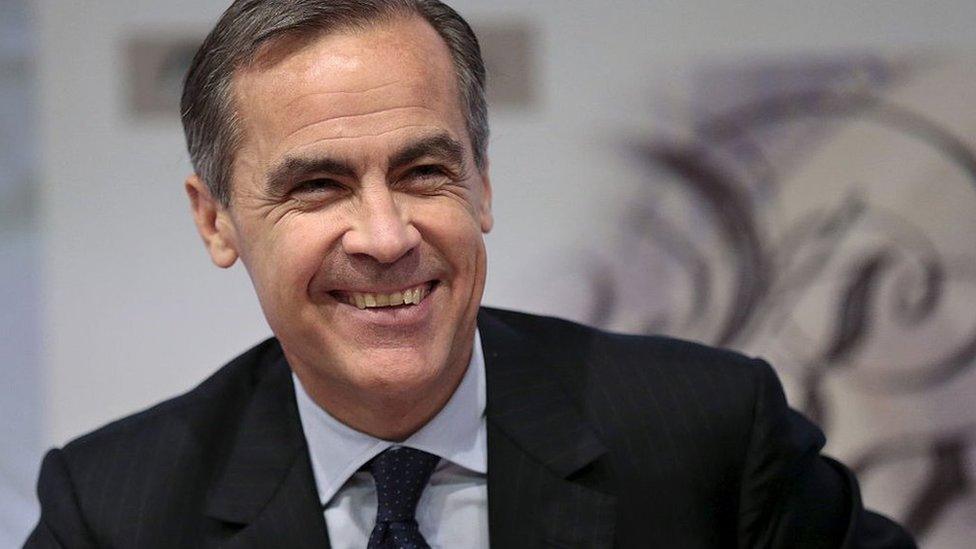
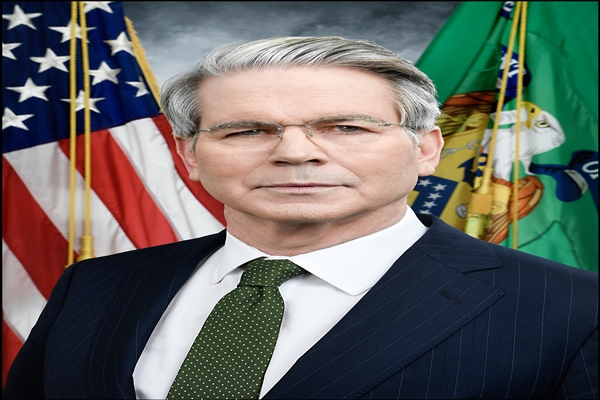

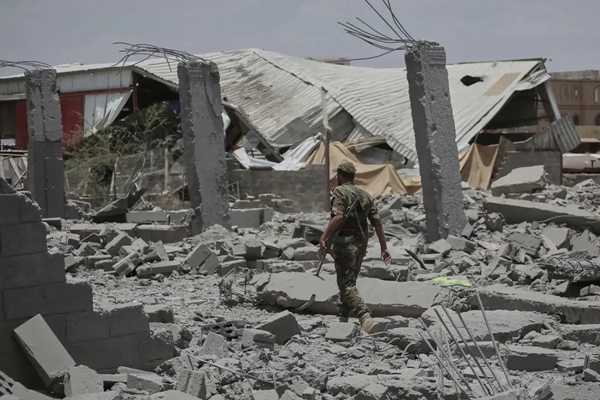

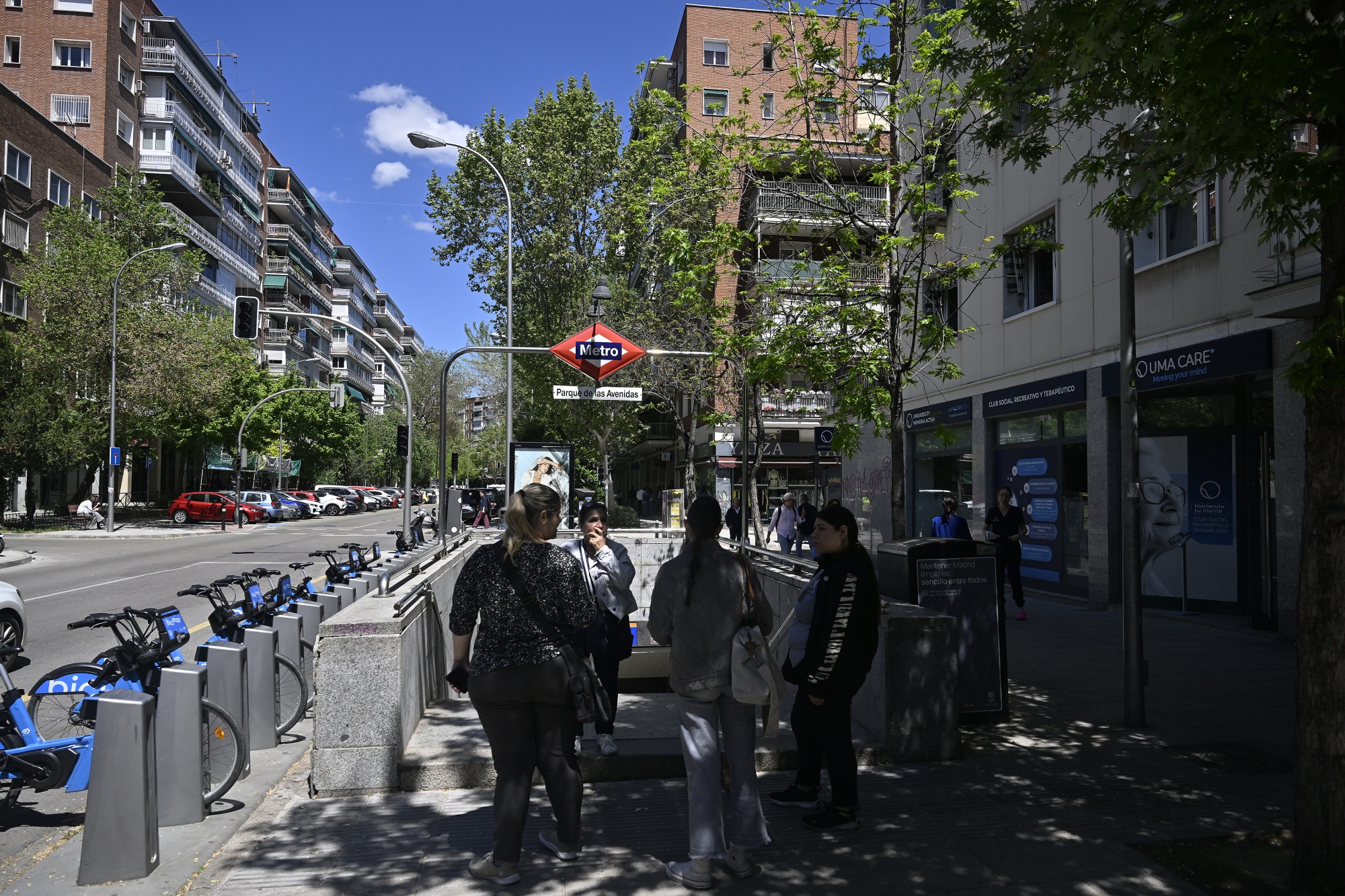
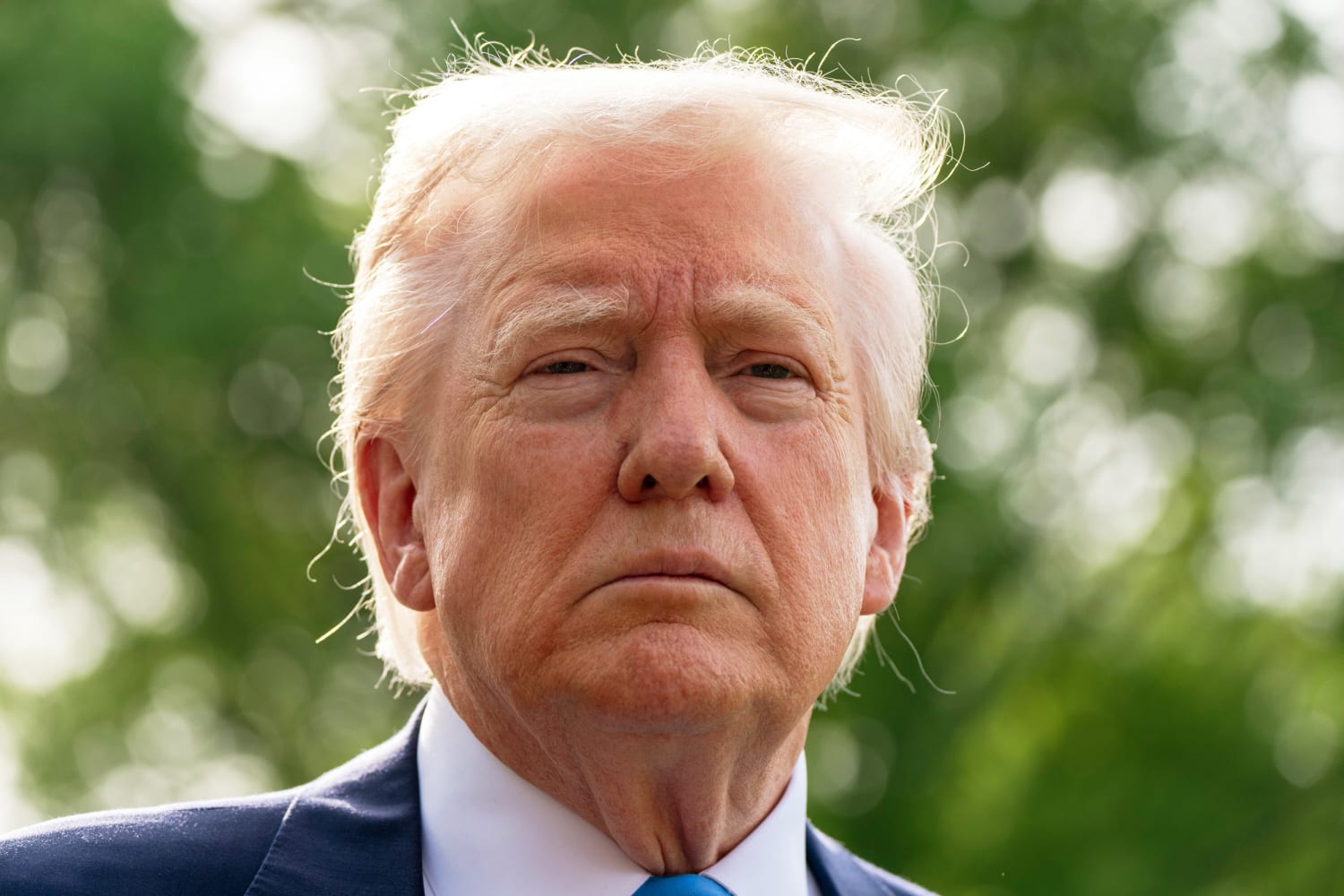

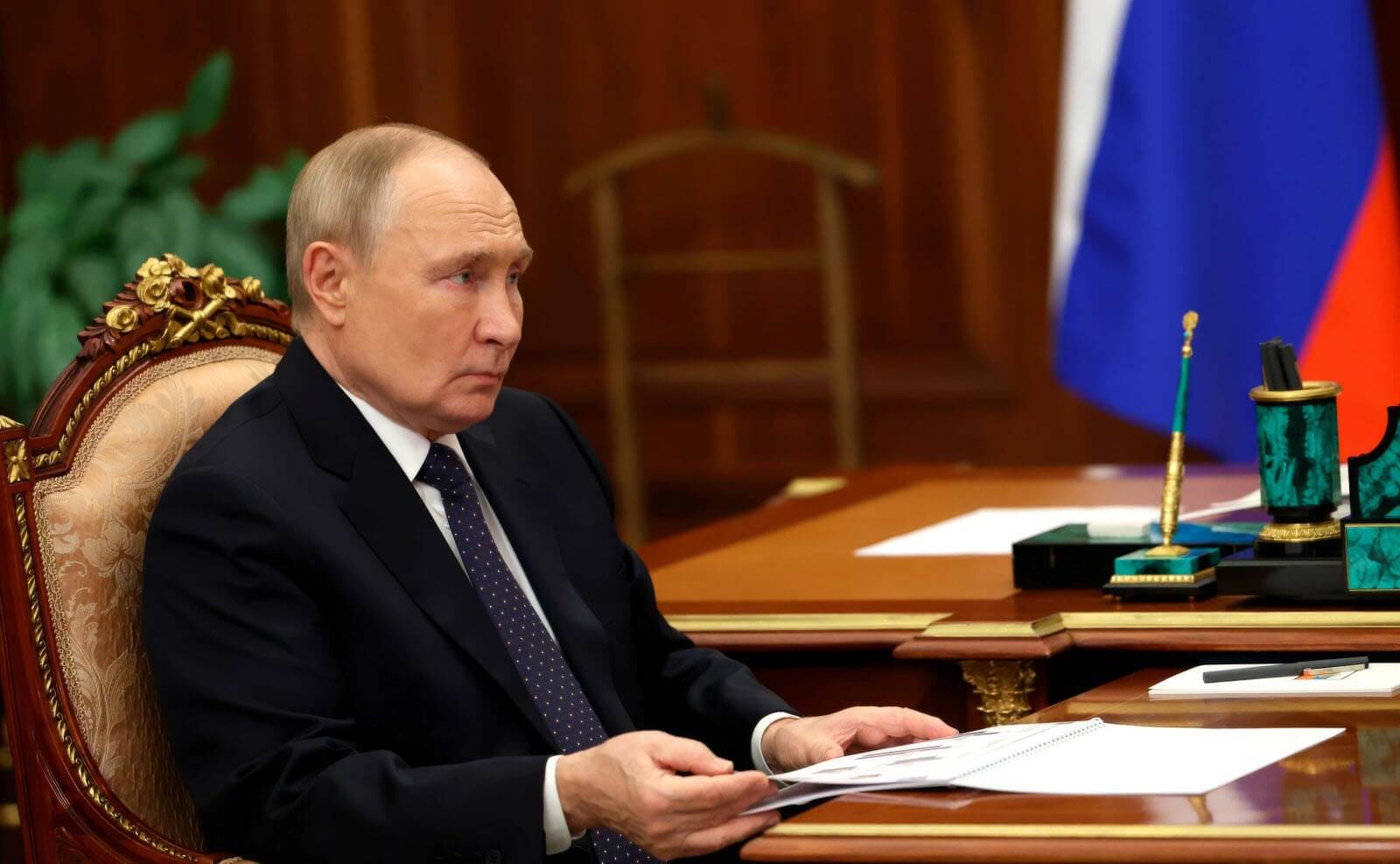
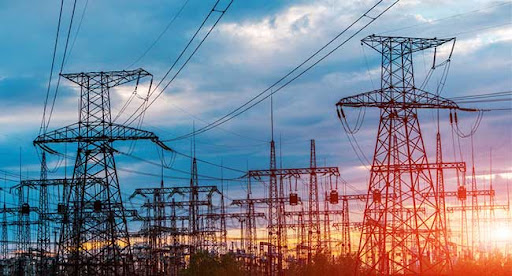
.jpg)
.jpg)
.jpg)
.jpg)
.jpg)
.jpg)
.jpg)
.jpg)
.jpg)
.jpg)

